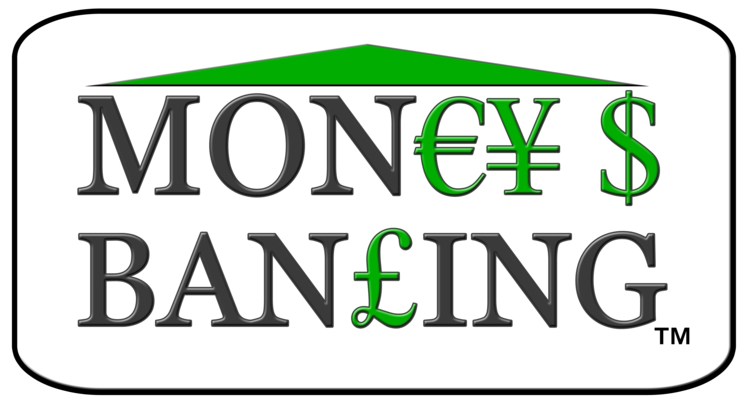In the aftermath of the financial crisis of 2007-2009, the U.S. Congress created the Financial Stability Oversight Council (FSOC – pronounced “F-Sock”)—a panel of the heads of the U.S. regulatory agencies—“to identify risks to the financial stability of the United States”; “to promote market discipline” by eliminating expectations of government bailouts; and “to respond to emerging threats” to financial stability.
Despite these complex and critical objectives, the law limited FSOC’s authority to the designation of: (1) specific nonbanks as systemically important financial intermediaries (SIFIs), and; (2) critical payments, clearance and settlement firms as financial market utilities (FMUs). Nonbank SIFIs are then supervised by the Federal Reserve, which imposes stricter scrutiny on them (as it does for large banks), while FMUs are jointly overseen by the Fed and the relevant market regulators.
At the peak of its activity in 2013-14, the FSOC designated four nonbanks as SIFIs: AIG, GE Capital, MetLife, and Prudential Insurance. Following the Council’s October 16 rescission of the Prudential designation, there are no longer any nonbank SIFIs. Not only that, but by making a future designation highly unlikely, Treasury and FSOC have undermined the deterrence effect of the FSOC’s SIFI authority. In short, by taking the sock out of FSOC, recent actions seriously weaken the post-crisis apparatus for securing U.S. (and global) financial stability. In the remainder of this post we review the Treasury’s revised approach to SIFI designation in the context of the Prudential rescission….
Read More
